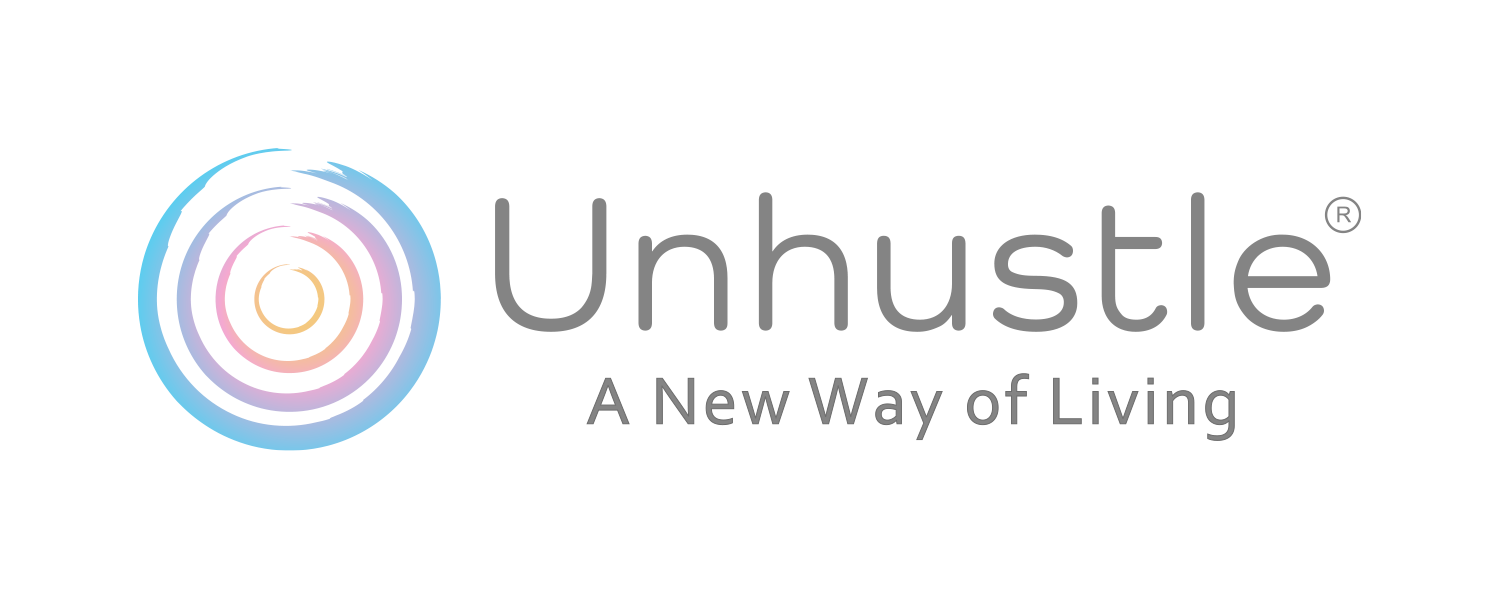Trying to cover your anxiety by working more is a recipe for disaster and this is exactly what most overachievers try to do. They want to be in control. In the United States, anxiety is the most common mental illness, affecting more than 40 million adults each year.
Anxiety, depression, and loneliness have increased during the pandemic. Once a taboo topic, mental health is now becoming not only accepted but a welcomed topic at work. Many are speaking out and seeking support from employers. According to Harvard Business Review: “Failure to acknowledge an employee’s mental health can hurt productivity, professional relationships, and the bottom line: $17-$44 billion is lost to depression each year, whereas $4 is returned to the economy for every $1 spent caring for people with mental health issues.” (“We Need to Talk More About Mental Health at Work” by Morra Aarons-Mele).
I advocate for replacing Hustle Culture with Human Culture for the benefit of people and companies. When an employee leaves their job, the cost of replacing them is 3 times their salary.
Let’s address how overachievers can take care of anxiety on a personal level.
Let’s start with biology.
Anxiety is defined as “a feeling of worry, nervousness, or unease, typically about an imminent event or something with an uncertain outcome,” says psychiatrist Jud Brewer. Most of us are anxious because we’re dealing with uncertainty. Even though we are not being chased by tigers, we don’t know if we’ll have a job tomorrow, how to get out of being stuck in Zoom hell for the entire week or if our loved ones will get sick. According to the Anxiety and Depression Association of America, “Stress is a response to a threat in a situation. Anxiety is a reaction to the stress.”
To deal with anxiety, your survival brain gravitates towards distractions – emails, social media, the news, work. These distractions make us feel better. We want more and more of this feel good behavior. As a result, we end up in a never ending loop of anxiety – distraction. It’s good to be aware of this so that you don’t overindulge in drinking, smoking, eating chocolate, binge watching Netflix, or overworking. A little is OK. Too much, all the time ends up taking over your life. Overworking has been known to lead to depression.
Becoming aware is the first step in breaking the cycle.
This is where self-awareness practice like mindfulness can be helpful. Being able to notice the triggers and then the distractions and being cognizant of what’s going on inside you, so you can say Enough. Study shows that a mindfulness app in as little as 10 min a day can lower anxiety by 57%.
Not all anxiety is bad though. “When channeled thoughtfully, anxiety can motivate us to make our teams more resourceful, productive, and creative. It can break down barriers and create new bonds.” says Morra Aarons-Mele in the Harvard Business Review.
For this reason, a lot of leaders push through stressful situations. But anxiety needs to be addressed. Otherwise, it can fire back.
How do you address anxiety?
- Label what you’re feeling.
- Recognize and accept it.
- Locate in your body – see if you feel tightness anywhere.
- Welcome it and accept it.
- Find out where it’s coming from – sometimes it leads to a childhood trauma or a story that keeps repeating itself, whether it’s true or not.
- Thank it for protecting you.
- See if you can tell what it’s trying to tell you – is it possible or probable? That’s a big difference.
- Focus on controlling what you can.
- Leave time in the day for self reflection.
It’s hard to let go of the situation to explore your feelings in depth. Studies show that people who recognize their feelings are better leaders, form stronger relationships and become higher performing individuals. So take the time to slow down and connect with what’s going on inside you.
Rebecca Harley, a psychologist at Massachusetts General Hospital and Harvard Medical School, emphasizes, “The goal is not
to magically make things perfect. The goal is to learn to surf the waves of distress successfully. Give yourself credit even if things don’t feel all the way better.”
Make time in the day to focus on your most important work and design time periods to take a break without masking every minute with being productive.
Sometimes, we just need space to breathe.
Join the Unhustle Movement
As a thank you, will send you our ebook with real life stories of people and companies who have embraced the unhustle way of living and working and are no longer surviving but thriving.
